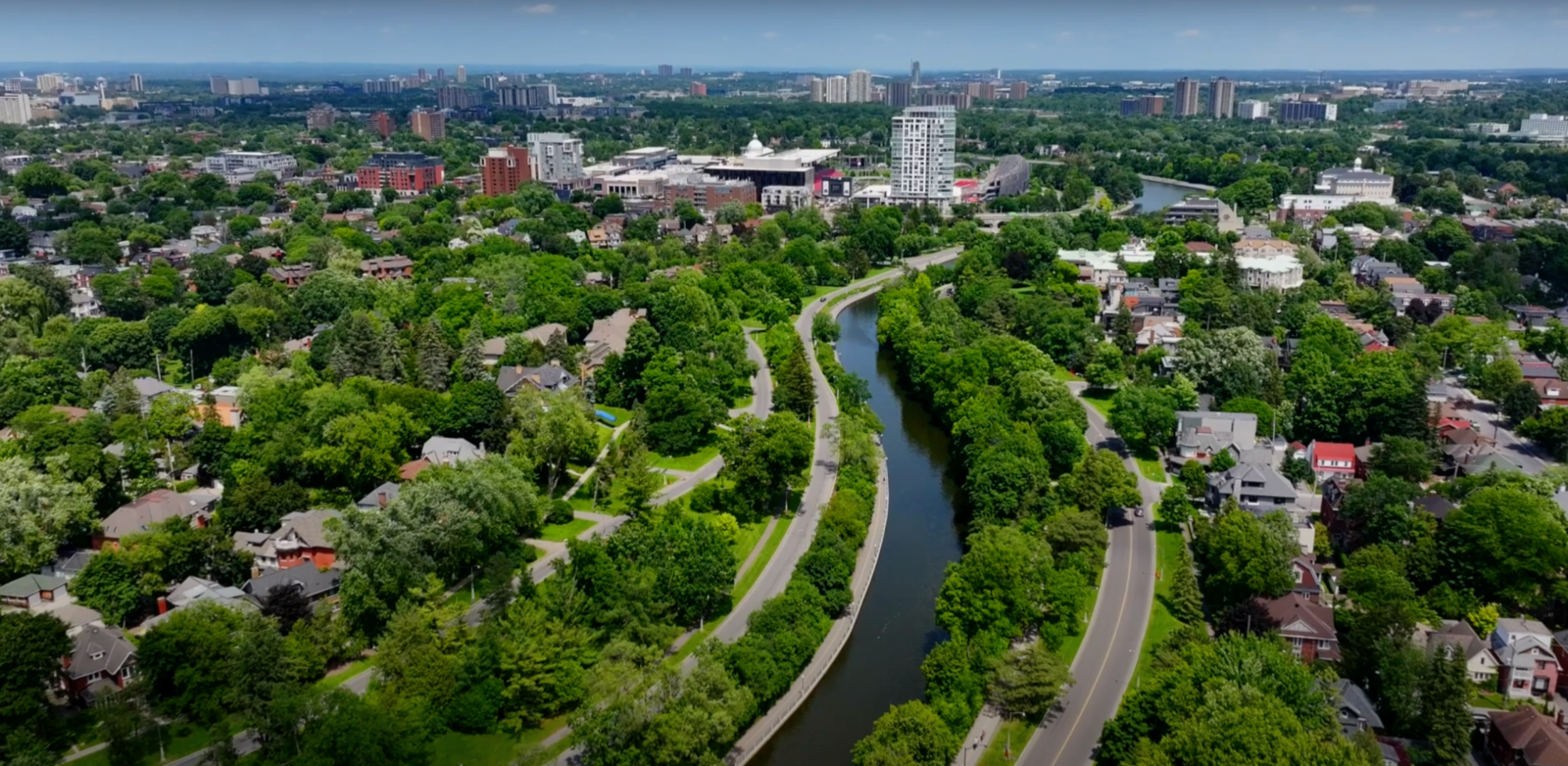Introduction – What is a Buyer’s Market and Why Does It Matter?
Understanding Market Conditions
A buyer’s market occurs when the number of homes for sale exceeds buyer demand. That means buyers have more choices, more leverage—and sellers must work harder to stand out. In 2025, certain Ottawa neighborhoods are seeing a shift toward buyer-favoring conditions, especially in higher price brackets.
What Ottawa Sellers Face in 2025
With more inventory on the market, longer days on market, and price reductions becoming common, Ottawa sellers need to be strategic, proactive, and competitive to succeed. The good news? Smart tactics still lead to fast, profitable sales.
Strategy 1: Price Your Home Competitively from the Start
The Risks of Overpricing in a Buyer’s Market
In a buyer’s market, the first two weeks are critical. Overpriced homes lose traction quickly, while comparably priced homes attract offers. Don’t price for negotiation—price for attention.
How to Use a Comparative Market Analysis (CMA)
A skilled REALTOR® will provide a CMA showing recent comparable sales, active listings, and expired homes. Use it to find the sweet spot that positions your home as best value in the category—not just “another option.”
Strategy 2: Maximize Your Home’s Visual Appeal
Staging Tips That Work
Buyers make snap decisions—often within the first 15 seconds of viewing a listing. That’s why:
Declutter and depersonalize every room
Highlight focal points like fireplaces and kitchens
Use neutral tones and maximize lighting
Professionally staged homes in Ottawa sell faster and at higher prices—especially in competitive markets.
Professional Photography and Virtual Tours
High-resolution photos, drone shots, and 360° virtual tours help your home shine online. Don’t rely on smartphone pics—invest in professional visuals to make a winning first impression.
Strategy 3: Offer Buyer Incentives That Make You Stand Out
Common Incentives in Ottawa
Covering closing costs or land transfer tax
Offering flexible move-in dates
Including appliances, furnishings, or home warranties
These add-ons can tip the scales in your favor, especially when multiple listings are competing for attention.
When to Offer Closing Cost Credits or Upgrades
If your home needs small cosmetic upgrades (flooring, paint), offering a repair allowance or update credit gives buyers flexibility—and reduces upfront hassle for you.
Strategy 4: Market Aggressively (Beyond the MLS)
Why Social Media and Video Marketing Matter
In a crowded market, your marketing needs to go further:
Targeted Facebook and Instagram ads
YouTube walkthrough videos
Google My Business promotion
Email campaigns to REALTORS® and buyers
This broadens your audience and keeps your listing top of mind.
Open Houses, Broker Tours, and More Exposure
Hosting multiple open houses, including broker-only previews, can lead to higher visibility. Even if turnout is light, these efforts build momentum and attract serious buyers.
Strategy 5: Choose an Agent Who Knows the Ottawa Market
Why Local Expertise Matters More in a Slow Market
In a buyer’s market, generic marketing won't cut it. You need an agent who knows:
Which price points are soft or strong
What features buyers currently value most
How to position your property competitively
Key Questions to Ask Before Listing
What’s your average time on market?
How will you market my home online and offline?
Can you show me success stories from this year?
The right agent will give your listing the edge it needs.
Bonus Tips for Success in a Slower Market
Be Flexible with Showings
If buyers can’t see it, they won’t buy it. Offer evening and weekend appointments, and accommodate short-notice visits whenever possible.
Know When to Adjust Your Strategy
If your listing isn’t getting interest after 2–3 weeks, talk with your agent about tweaking price, marketing, or presentation. Proactive sellers win.
Frequently Asked Questions
Q1: How long does it take to sell in a buyer’s market?
In 2025, the average in Ottawa is 30–45 days—but properly priced homes sell faster.
Q2: Should I renovate before listing?
Only if the renovations offer a solid return. Focus on paint, lighting, flooring, and landscaping—cosmetic sells.
Q3: Are open houses still effective?
Yes, especially when paired with online promotion and follow-up campaigns.
Q4: Can I rent it out instead?
Yes, but it depends on location, condo rules (if applicable), and rental demand. Not always a better long-term financial move.
Q5: How do I know if it’s a buyer’s market?
If homes are sitting longer, price reductions are common, and inventory is rising—chances are, it’s a buyer’s market.
Q6: What if I don’t get any offers?
Revisit your price, staging, and marketing strategy. In a buyer’s market, silence is a signal to pivot quickly.
Conclusion – Be the Smartest Seller on the Ottawa Market
Selling in a buyer’s market isn’t easy—but it’s absolutely possible when you use the right strategies. With smart pricing, powerful presentation, aggressive marketing, and expert guidance, you can rise above the competition and sell with confidence—even when the odds are stacked in the buyer’s favor.







